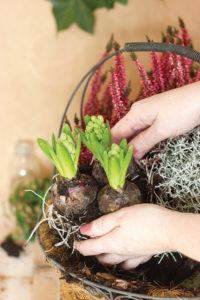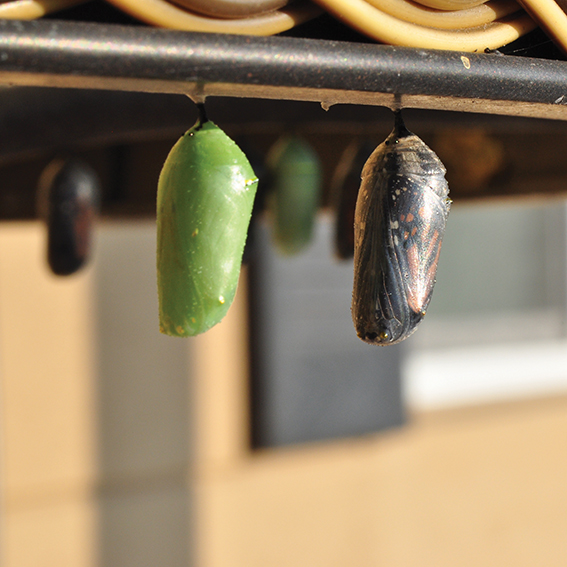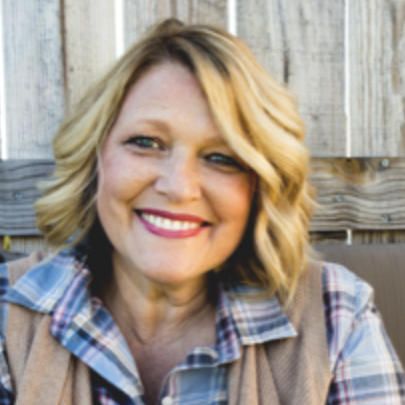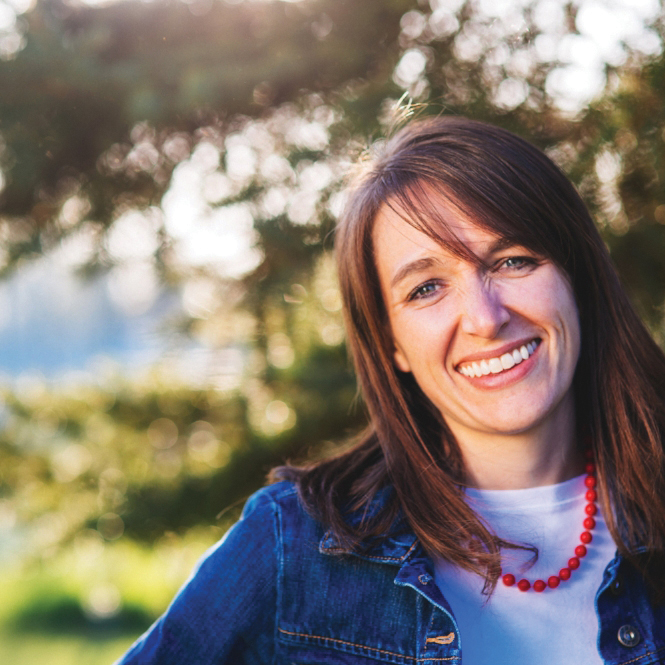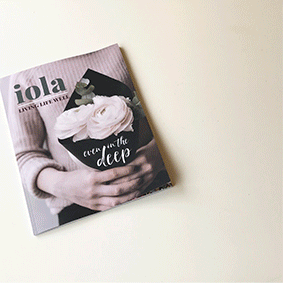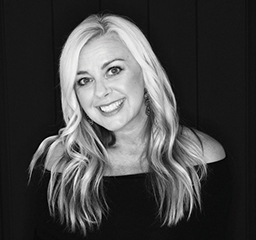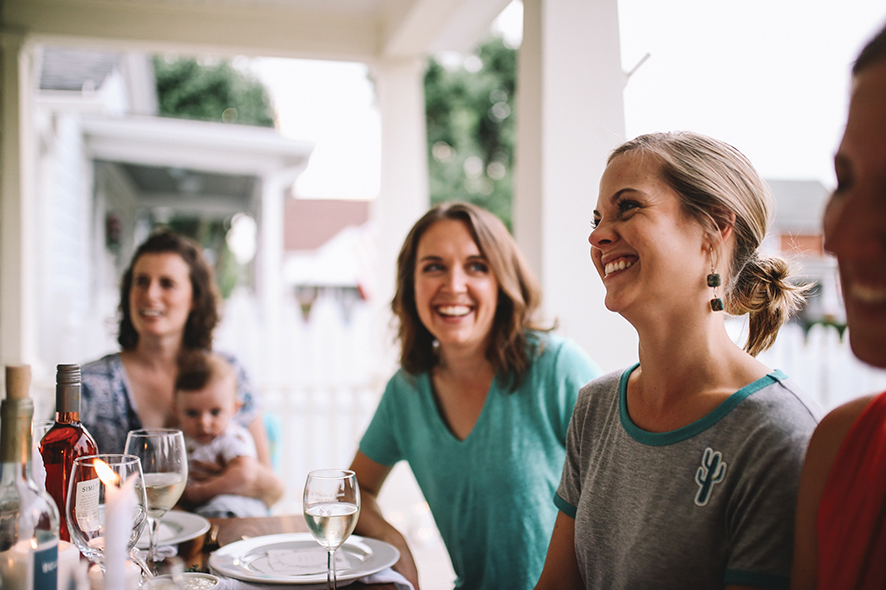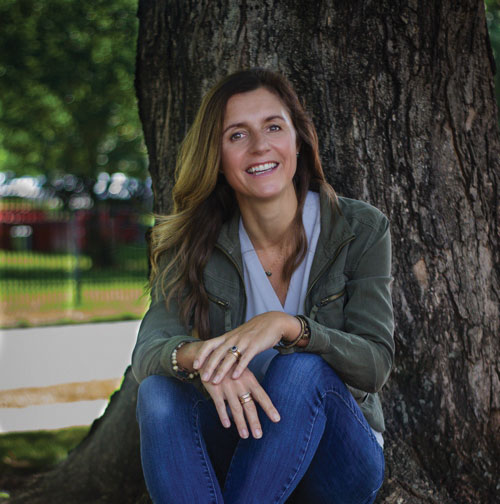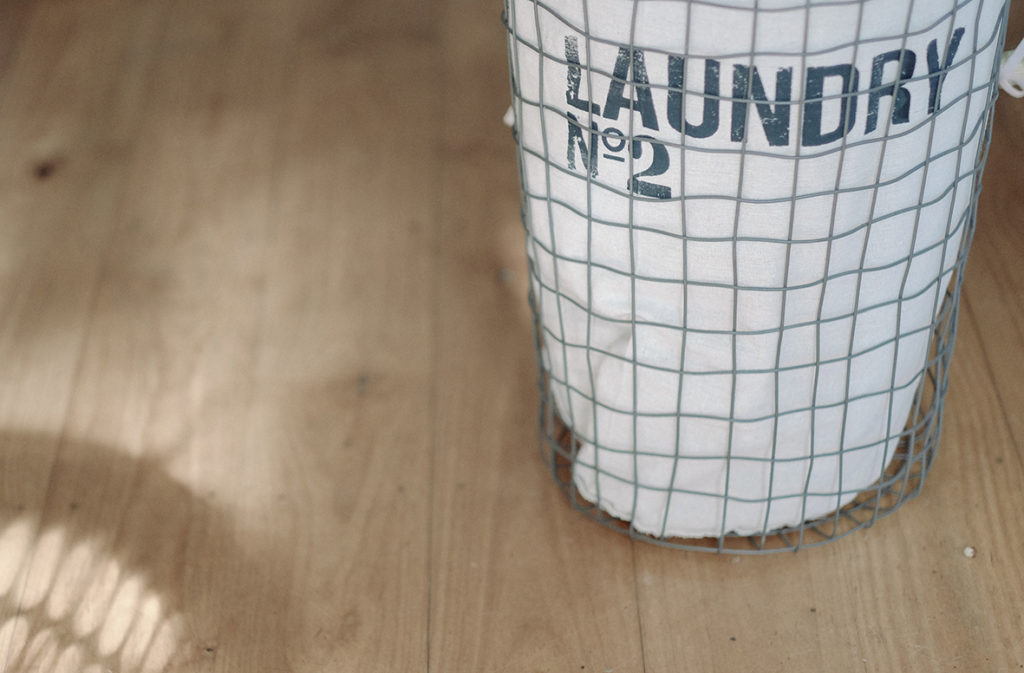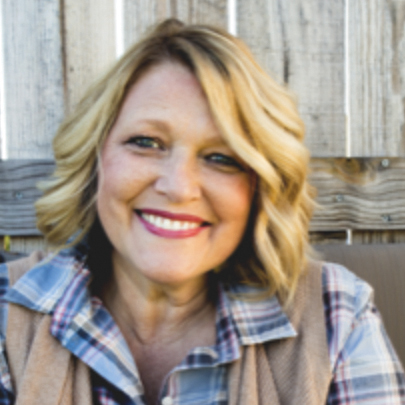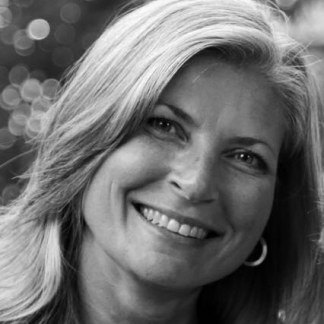In the shadows of the confined closet, with my face wet from tears and my heart broken open, I awkwardly braced my body against the palms of my hands as I collapsed onto the ground. My crumpled body found a home amongst the crumpled clothes pile that hadn’t yet made its way to the laundry. A sweatshirt that my head had found its rest upon soaked up my tears. The chaos of pain and sorrow running deep and rampant through me had reached a point of paralysis. I felt stuck, glued to the carpet, lost in the darkness.

Unfortunately, unexpected suffering and grief and betrayal and other events caused this scene to become a familiar one in my life over the years. Each time old pain was triggered or new trauma occurred, the pain ran so deep through my being that it felt like a toxin coursing through my veins. And each time, as my soul felt trapped and darkness abounded in the depths, I sought out spaces with the same characteristics, dark and confining, like my bedroom closet.
As I struggled with deep emotional pain, I wrestled, lamented, and prayed to God for rescue. I proclaimed the Scripture promises I knew to be true. But there was never a swift and miraculous rescue like I wanted. What I discovered was an invitation into the Lord’s loving presence and to join Him in the work of transformation and healing.
The ugly truth is that suffering is part of the human condition, and at times, the pain runs deep through all of us. The beautiful truth is that this invitation of the Lord’s that I mentioned is for all of us as well. And, as Corrie Ten Boom famously wrote, “There is no pit so deep, that God’s love is not deeper still.”
Wherever we are, whatever our struggle, when we encounter a pain that runs deep, God’s love is deeper still. And it’s here, in the depths of pain, when the rescue hasn’t come yet, when silence fills our ears and the darkness blinds our eyes, where we especially need to hold tight to the Lord and live in expectation of His Promises.
And we need not wait idly by. We fight back and find our way through the depths and the darkness. We can use practical tools to do this and take care of our souls.
The following is a list of 10 self-care practices that can nourish our spirits and help bring us out of the depths:
1. Visualize a Screen Door
Whenever I begin to feel “stuck” or “caught” by pain that runs deep, it helps me to imagine myself as a screen door instead of a sticky fly trap. I visualize emotions and thoughts passing through me. I also tend to do this with the next activity.
2. Breathe Deep
When we’re in deep with our pain, we often forget to breathe. Inhaling and exhaling deeply is one the simplest yet most profoundly helpful practices I have discovered. Breathing intentionally (i.e.: a certain number of breaths over a specific length of time or a specific meditative practice) has all sorts of emotional, mental, and physical benefits and is truly one of the best ways I have found to calm my soul and take back control of what seems to be out of control in me.
3. Preach to Yourself
Read and speak affirmations and truth. Remind yourself of what you know to be true because emotions can disorient us and lies like to attack us in the dark and lonely places of pain. Bring light to the darkness. Turn to God’s Word to remember the truths that God says about you. Make a list of your positive qualities or write a letter to yourself. Have “I am” statements at the ready when the battle in the depths comes to remind yourself the truth of who you are.
4. Breath Prayers
This practice combines ideas #2 and #3. This essentially involves choosing a truth from #3 (a short scripture or phrase), using deep breathing from #2, and joining them in a prayer. As you inhale, begin your short prayer, as you exhale complete it, repeat. Maybe start by trying this for a minute, work your way to five, maybe even use this form of prayer for 20 minutes. You can use Google to search for samples of breath prayers if you’re looking for a place to start.
5. Get Outside
Inside, in physically confining and dark spaces, we’re stuck in an environment much like where we’re stuck in our pain. But when we step outside, literally, we also begin to step outside of our pain. Get outside. Breathe in cool fresh air and fill your lungs. Notice the vast blue sky and the world around you. Be mindful of the smells, the sights, the sounds, etc. you observe. For me, when the weather cooperates, I like to walk barefoot on the cement sidewalk in front of my house and then step onto the cool earth feeling the damp, scratchy grass against the soles of my feet. Feeling the hard ground under me makes me feel grounded and strong when I had felt lost and weak.
6. Move Your Body
Find a way to move. Maybe while you’re outside using tip #5, you can take a walk or ride a bike. Physical activity and moving our bodies is another great way to help us move through our emotions and thoughts and get unstuck. Yoga is one of my favorite ways to move that I incorporate regularly into my life for this reason. The data behind the mental and emotional and psychological healing benefits of yoga (especially in trauma survivors) is fascinating. Find what works for you and get your body moving.
7. Have a Cup of Tea
I have always been a tea lover, but as I drank a cup of hot tea in the throes of deep emotions once, I unexpectedly discovered relief for my soul. The aroma stimulates a calming effect within me. The warmth of the liquid fills my body and spirit in all the aching places. I continue to be amazed by the soothing affects a simple cup of hot tea with a touch of honey has on me, but it works. If you’re not a fan of tea, maybe try a cup of warm milk, but steer clear of anything caffeinated or alcoholic which can exasperate your emotions more.
8. Write
Writing is a wonderful and proven therapeutic practice. Take your deep emotions and write them onto paper—get them outside of yourself. Write it all out. Everything. Imperfect and uncensored. As the words flow out of you, some of the pain will follow.
9. Create
Whether it’s grabbing your Crayola markers and coloring in an adult coloring book, chopping fresh veggies for soup or kneading dough in the kitchen, or something else like knitting, – engage in a creative practice. The act of creating can be extremely calming and beneficial as it provides another opportunity for processing, releasing, distracting, and cultivating positive thoughts and feelings of peace, productiveness, joy, and more.
10. Phone a Friend
Have someone in your life who is a safe place and who can hold space for you. And then, when you’re struggling with hurt that runs deep, reach out to this friend. Simply speaking our struggles out loud to someone who knows how to listen and walk alongside of us can disarm the power of the pain. There will be times when they will simply listen and other times when they will speak those truths and affirmations in love mentioned in tip #3—we need both. Find that friend who will get down on the floor with you and give you time there, but who will lift you up when it’s been long enough. Make a list of 1-3 people you can go to when needed.
Disclaimer: I am not a licensed mental health care professional. If you’re struggling with emotional or mental health issues, first seek advice from your medical doctor and/or a licensed therapist. I have done both and many of my self-care tips have come from what the professionals have taught me. If you or someone you know is experiencing suicidal thoughts, call the National Suicide Prevention Line (U.S.) 1-800-273-8255. UK Samaritans: 116 123
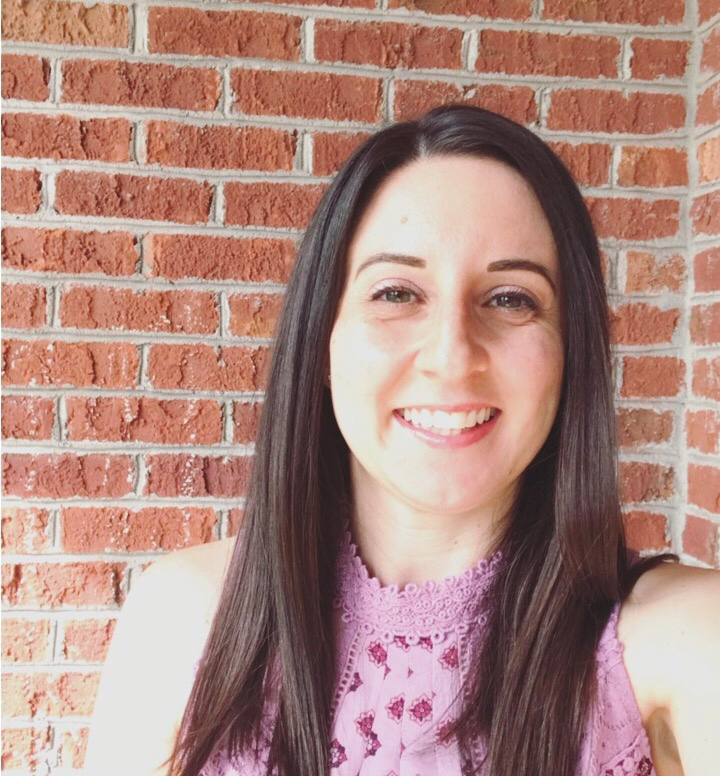
Kristin Vanderlip is an Army wife, a bereaved mom to her little girl in heaven, and a stay-at-home mom to her two rainbow boys (ages 3 and 6). A decade ago you could find Kristin teaching English in a middle school classroom, now she is a writer and freelance editor. Kristin follows Jesus with an expectant heart as she navigates both the ordinary moments and the unexpected trials of life. She is passionate about seeking God and holding onto hope, especially when it’s hard, and encouraging other women to do the same & cultivate their own expectant hearts. You can find Kristin at:www.anexpectantheart.com.










